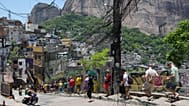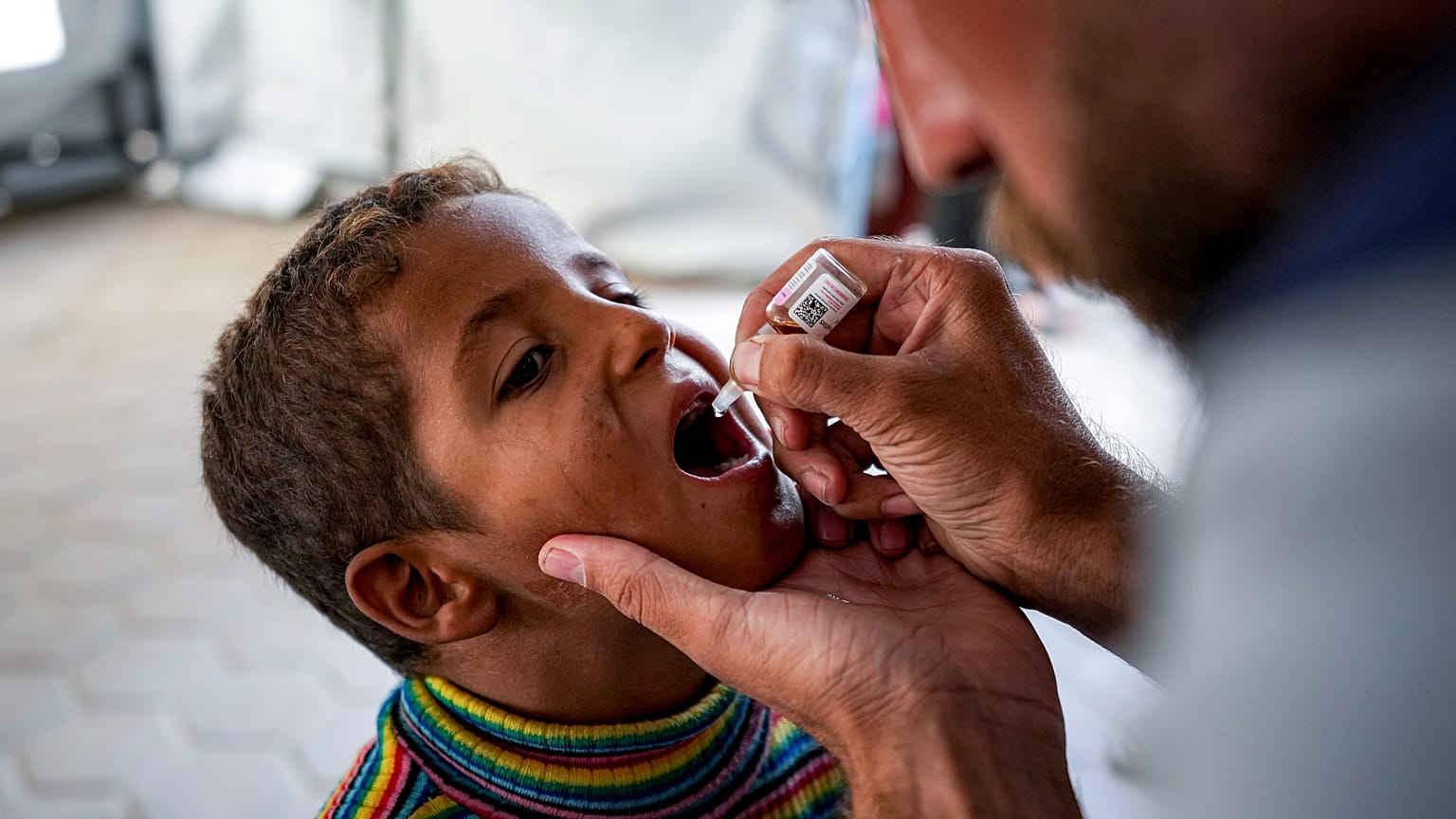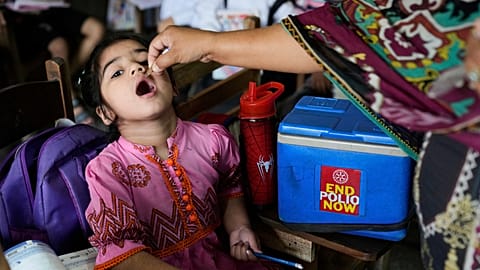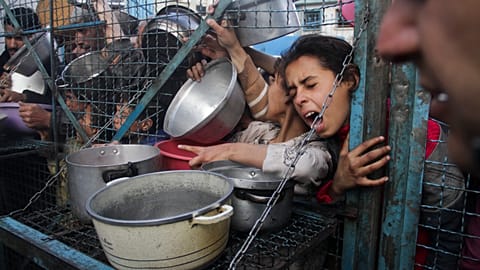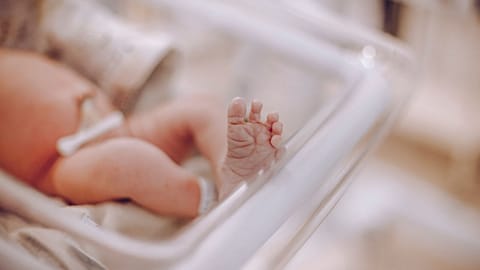The WHO said 94 per cent of children who got their first vaccine also received a second dose.
Health workers have completed a polio vaccination campaign in Gaza, more than three months after the highly infectious virus was first detected in wastewater in the war-torn region.
Nearly 557,000 children under the age of 10 got their second dose of the polio vaccine, while more than 448,000 kids ages 2 to 10 received vitamin A supplements, which is thought to boost immune responses, according to the World Health Organization (WHO), which led the campaign.
That means 94 per cent of the target group got their second polio vaccine, with high levels of coverage in central and southern Gaza, where tens of thousands of people are living in emergency shelters and tents and where Israel has been expanding its military operation.
However, health workers could not vaccinate between 7,000 and 10,000 children in “inaccessible” parts of northern Gaza, which leaves them vulnerable to polio, according to the WHO.
“This also increases the risk of further spread of poliovirus in the Gaza Strip and neighbouring countries,” the WHO said.
Polio requires two vaccine shots about four weeks apart. If around 90 per cent of people in a community are vaccinated, that should stop its spread.
The first vaccinations began in early September after officials negotiated a humanitarian pause, but the second round was delayed in October amid “escalating violence,” international groups said.
The campaign eventually resumed on Saturday and wrapped up on Tuesday, albeit with a much smaller zone for health workers to operate under a humanitarian pause, the WHO said.
“Efforts will now continue to boost immunity levels through routine immunisation services offered at functional health facilities and to strengthen disease surveillance to rapidly detect any further poliovirus transmission,” the agency said.
Very few of these facilities are functional. According to the latest data, 35 per cent of Gaza’s primary health centres are partially operational, while 19 of Gaza’s 36 hospitals are damaged or otherwise unusable.

